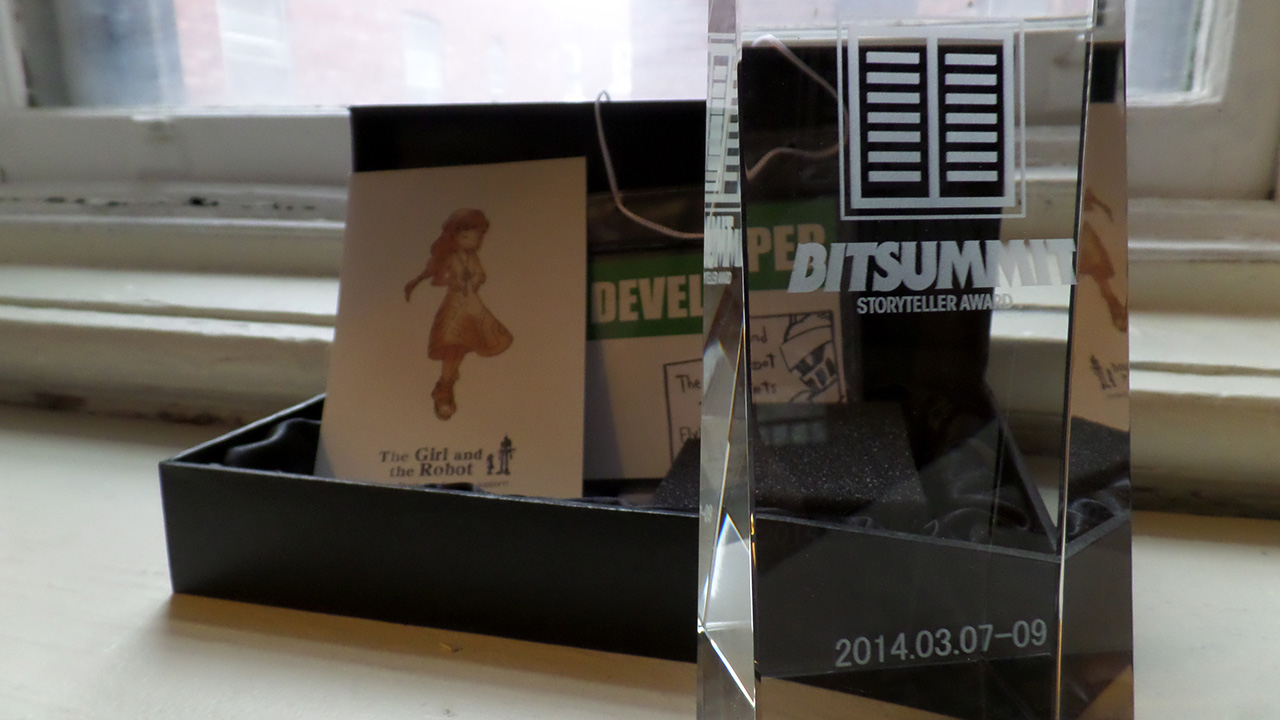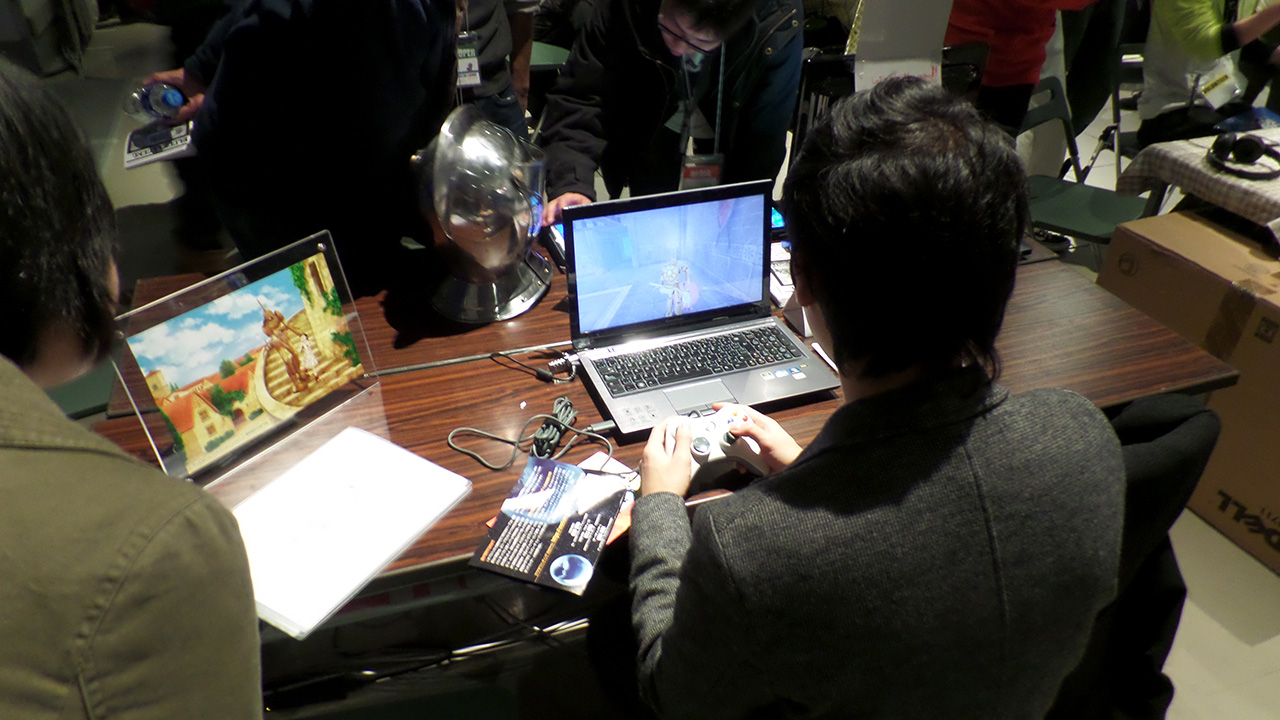Trending
Opinion: How will Project 2025 impact game developers?
The Heritage Foundation's manifesto for the possible next administration could do great harm to many, including large portions of the game development community.

Featured Blog | This community-written post highlights the best of what the game industry has to offer. Read more like it on the Game Developer Blogs or learn how to Submit Your Own Blog Post
As you make your indie game, you will find that different kinds of people will be interested in your game at different times and for different reasons. It’s important to identify who they are and produce content for each one of them.

With the indie games scene getting more crowded, simply having an amazing game might not be enough. Unless you dedicate yourself to promoting your game and building a community, it would be unlikely for your game to reach its full potential of success. Since most indie developers like myself don’t have the budget necessary for traditional marketing methods such as television ads or street banners, we often need to rely on internet-based methods when it comes to promotion.
You have a Facebook page and a Twitter account, so you’re going to do fine, right?
No!
You also need to figure out who is reading about your game, where they are reading it from,and what content they are looking for.
While making our game The Girl and the Robot, I noticed that there were 3 types of people that showed interest in our game, and I quickly realized that they were all different but still essential to the success of our game. They were: fellow developers, the press, and gamers (“regular” fans).

When you talk about your game to fellow developers at the start of your project, they can become your very first fans. Even if you only have an idea and no prototype, they can still be excited about your game because, unlike others, they can see the potential of a game idea more easily. If you share ideas and development methods early with them, they will not only talk about your game, but they will also give you quality feedback to make your game successful and help you grow as a developer.
One of the best ways to keep fellow developers interested is to post about your game progress and about your development methods. This is information that will inspire them.
For example, we started by making a thread for The Girl and the Robot in the Work in Progress section of the Unity forums and the early feedback we got from other developers helped us confirm the potential of our design and make better decisions. It’s also good to show the game’s progress on social networks and participate in events like Screenshot Saturday on Twitter and Reddit.
From my experience, fellow developers are often:
On Twitter
On Reddit (r/gamedev/)
On forums (indie development, Unity Forums, etc.)
At your local indie meetups
In your own circle of developer friends
You are in the middle of development and your game is starting to look pretty good. You finally feel that it’s time to show it to the world. Fellow developers know about your game, but that’s about it. This is the perfect time to reach out to the press. If members of the press like your game, they can dramatically increase its awareness.
The press is looking for something different than fellow developers. Since they want to write a good article, they want a story. If there is something unique about the gameplay or the art of your game, or if there is an interesting story about how you made your game, it’s in your best interest to tell them. For us, one of our stories was the fact that our team was working remotely and spread pretty much around the world (Japan, Canada, England and France).
It’s also important to have good relations with the press and this often starts with a proper email. I recommend reading Mike Rose’s article on communicating with the press to get started.
Again from my experience, you can reach the press:
By email
At gaming event
On Twitter
Now that the press started talking about your game, more of the regular fans come in. Obviously, those fans are extremely important as they are the ones that will ultimately pay you to play your game. They can also give you feedback and valuable data about the design of your game.
When we presented our game at the Indie Game Festival BitSummit in Kyoto, I had to take out my notebook because the feedback we got from gamers was just too valuable. Watching them and listening to them helped me spot parts of the game that could be better designed.

Fans will want information about your game often in the form of announcements, trailers and screenshots. Some of them will also want to interact with you (the developer) and with the other fans in your community. Social media tools such as a Facebook page and your company forum page will cover that need nicely. Also, organizing events such as contest, give aways, and special events can also keep them interested.
Your fans will try to reach out to you:
On Facebook
On your crowdfunding page
On gaming press site
On your company forum page
At expositions and festivals
On digital stores such as Steam
As you make your game, you will find that different kinds of people will be interested in your game at different times and for different reasons. It’s important to identify who they are and produce content for each one of them. This will help you build a strong community throughout the development of your game.
If you have an opinion on the matter, I would love to hear from you.
Our Twitter: @FlyingCarpetsG
Our website: Flying Carpets Games
Read more about:
Featured BlogsYou May Also Like